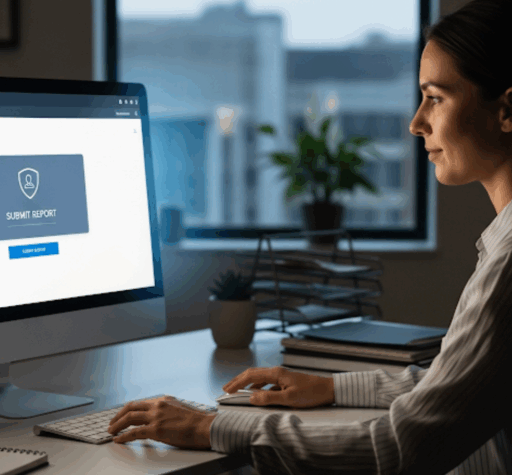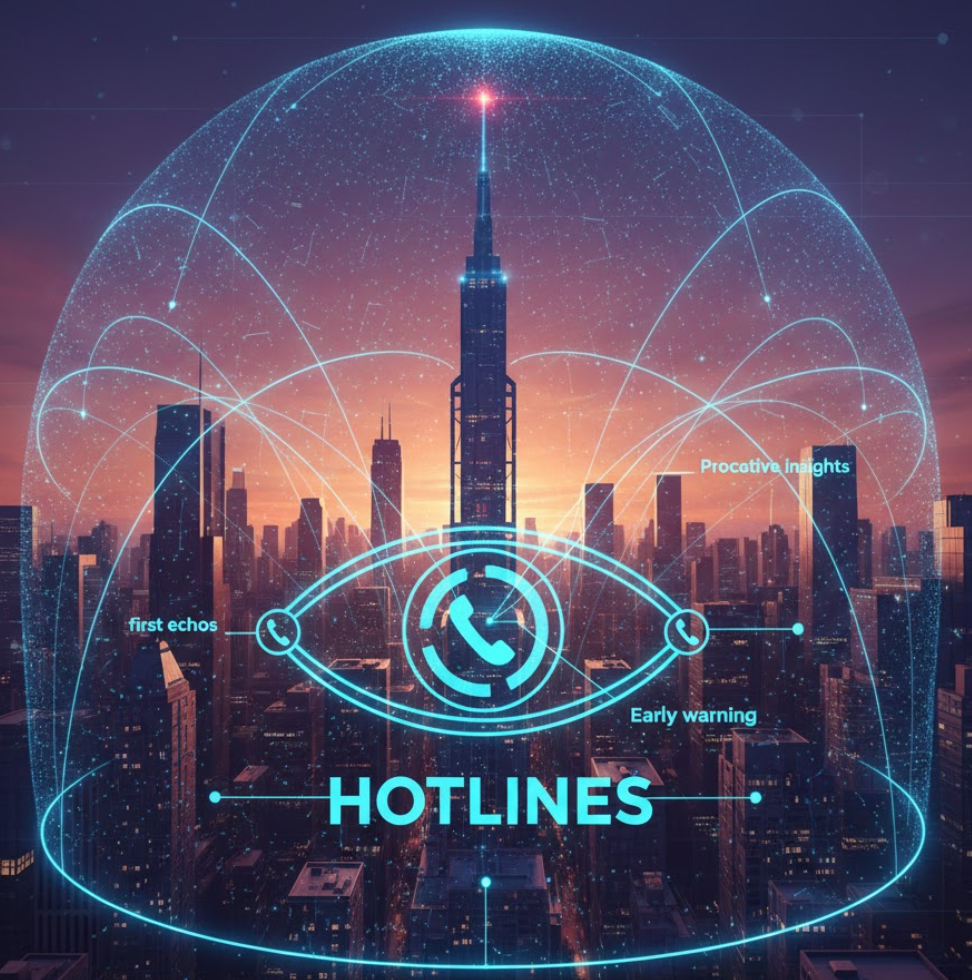Whistleblower Hotline – Reframing the Connotation
The act of whistleblowing is often perceived through a negative lens. The thought is that if someone files a report, the company must be seriously flawed, or the whistleblower is overreacting. The truth is that whistleblowing is a natural part of maintaining the integrity of an organization, often times addressing a problem before it spirals out of control. Kyle Welch and Stephen Stubben conducted research on the function of internal whistleblowing, using data from a large, international hotline provider. Welch reported their findings in “The Value of Whistleblowing and Hotline Reporting,” published by Security Magazine. Their discoveries, which shed a positive light on whistleblowing, are discussed below.
Welch reports that higher whistleblower hotline volume correlated with greater return on assets. He and Stubben also found that greater hotline use was linked to less material lawsuits and 20.4% lower settlement costs when lawsuits did occur. Clearly, the increased use of hotlines to report concerns was not indicative of greater problems within the organization.
Instead, employees within these organizations shed light on concerns before they were severe enough to cause negative publicity and higher avoidable costs. In fact, Welch and Stubben found that organizations with greater hotline use had less external whistleblowing and an average of 46% fewer negative news stories than those who infrequently reported concerns internally. Clearly, the issues identified via internal hotline reports have serious potential to cause greater harm if left unreported.
What is even more surprising is that after analyzing two million hotline reports, Welch and Stubben found that secondhand reports, those reports from individuals not directly involved in an incident, were actually more credible than firsthand reports. This is an interesting discovery given that the details of an event are thought to be bent as news travels from witnesses to others. After discussing these findings with multiple chief compliance officers, they reached the conclusion that secondhand reports are less likely to be biased due to personal motivation and that secondhand reporters are often less fearful of potential retaliation.
The findings from the research conducted by Welch and Stubben serve as another reminder of the importance of whistleblowing hotlines. No organization wants to be surprised by internal reports uncovering the development of a major internal problem, but such a secret is much more severe when it is left unexposed for a long period of time or is first reported externally. Many hotlines such as Red Flag Reporting allow whistleblowers to remain anonymous, further encouraging reporting by decreasing the fear of retaliation. Encouraging the use of whistleblower hotlines empowers employees to help maintain the integrity and viability of their organization.
Learn to inspire hotline usage here.
Reach Us
Red Flag Reporting
P.O. Box 4230, Akron, Ohio 44321
Tel: 877-676-6551
Fax: 330-572-8146




